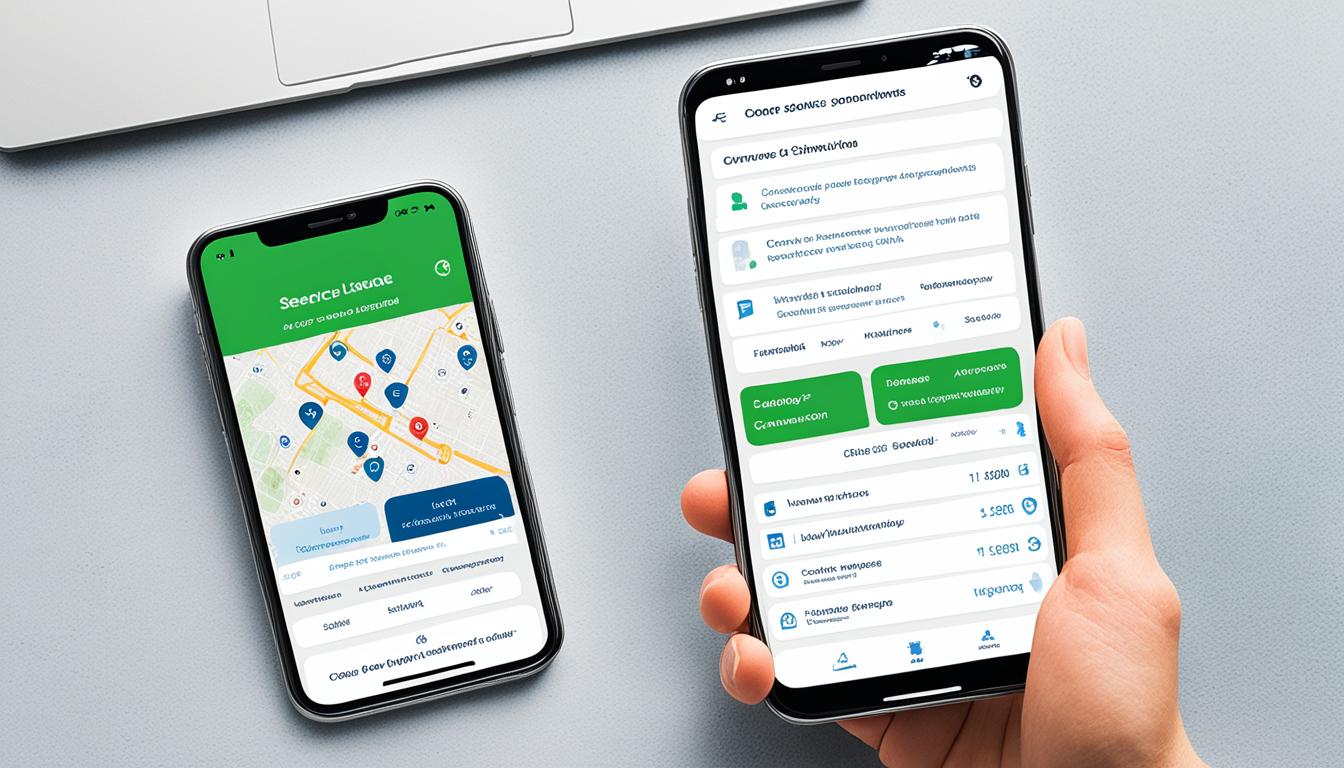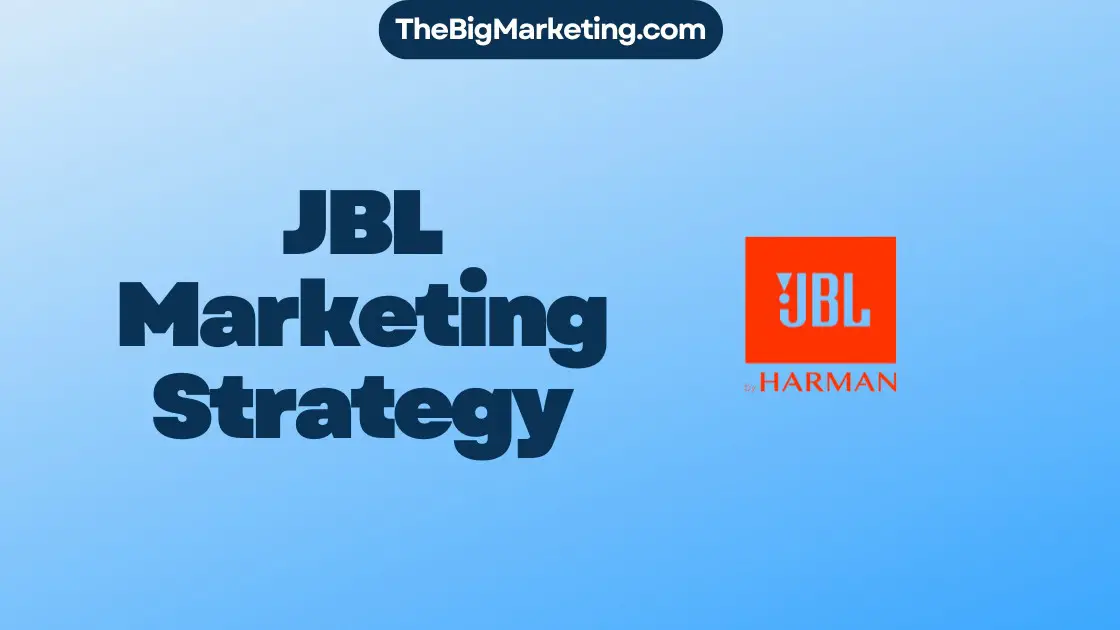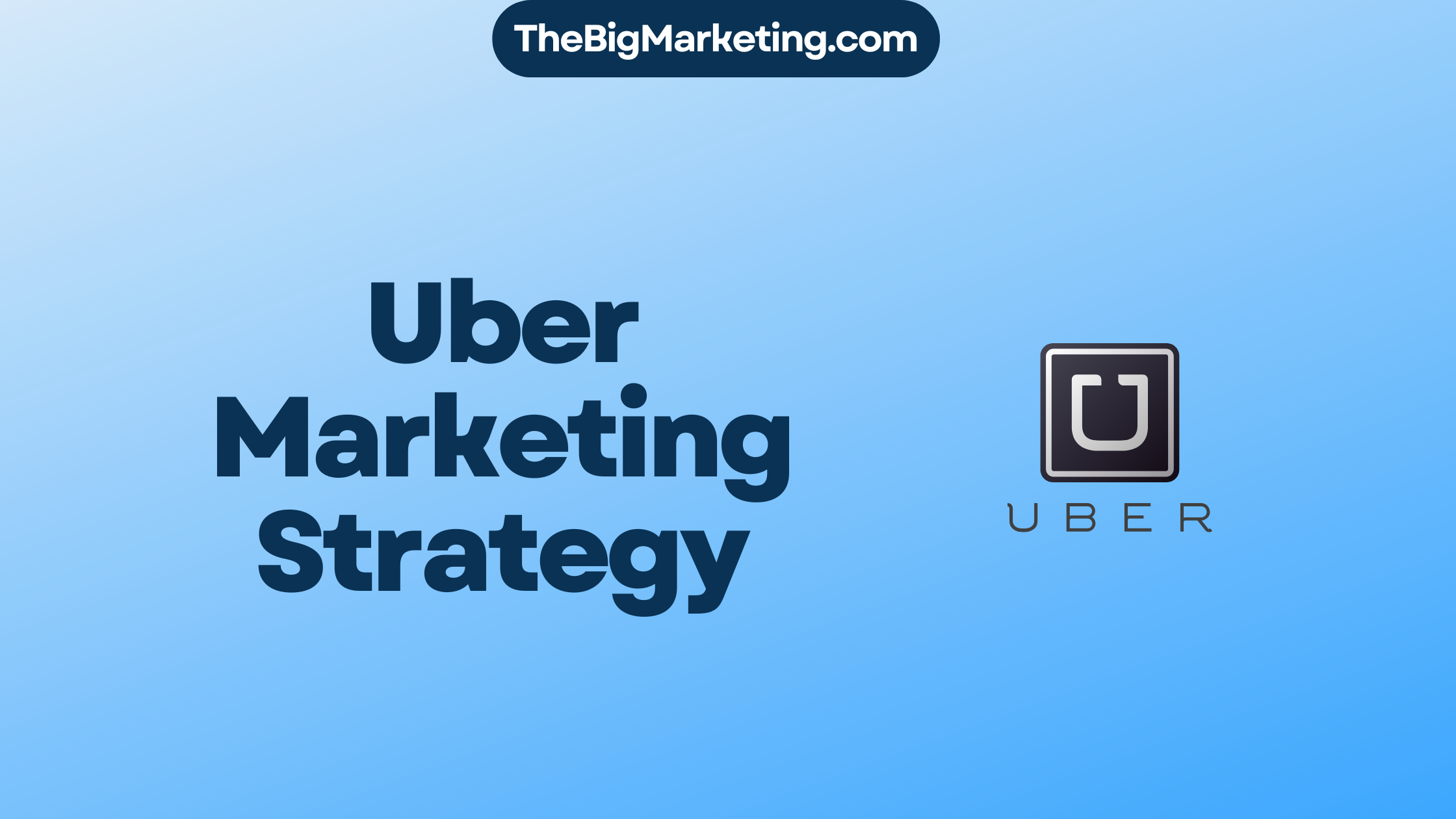The US home improvement industry is projected to double in value by 2030, making it an attractive market for businesses. With the majority of Americans owning smartphones, digital marketing offers a cost-effective and targeted way to reach potential customers. A good digital marketing strategy for home improvement businesses should include optimizing the company website, implementing search engine optimization (SEO) techniques, running pay-per-click (PPC) campaigns, utilizing social media marketing, incorporating content marketing, managing online reviews, setting a digital marketing budget, and finding a reputable home improvement marketing agency.
Key Takeaways:
- The US home improvement industry is projected to double in value by 2030.
- Digital marketing offers a cost-effective and targeted way to reach potential customers.
- A good digital marketing strategy for home improvement businesses includes optimizing the company website, implementing SEO, running PPC campaigns, utilizing social media and content marketing.
- Managing online reviews and setting a digital marketing budget are essential.
- Finding a reputable home improvement marketing agency can help businesses achieve their marketing goals.
Why You Need Digital Marketing for Home Improvement Customers
In the age of technology, it is crucial for home improvement businesses to embrace digital marketing strategies to effectively reach their target audience. With more and more people spending their time online, a strong online presence is essential for staying competitive in the industry. Digital marketing offers a variety of benefits for home improvement businesses, including:
Reaching a Wider Audience
Digital marketing provides the opportunity to reach a larger and more diverse audience compared to traditional marketing methods. By leveraging online channels such as search engines, social media platforms, and email marketing, home improvement businesses can extend their reach beyond local markets and connect with potential customers from different regions.
Building Brand Awareness
Building brand awareness is crucial for home improvement businesses to establish themselves as trusted industry leaders. Through digital marketing efforts, businesses can create and promote engaging content that showcases their expertise, showcases their past projects, and highlights the benefits of their services. This helps in increasing brand recognition and recall among the target audience.
Generating Leads
Digital marketing strategies such as search engine optimization (SEO), pay-per-click (PPC) advertising, and lead generation campaigns can help home improvement businesses generate high-quality leads. By targeting specific keywords and demographics, businesses can attract potential customers who are actively searching for home improvement services or products.
Tracking Results
One of the advantages of digital marketing is the ability to track and analyze the results of marketing campaigns in real-time. Home improvement businesses can use various analytics tools to measure the effectiveness of their digital marketing efforts, such as website traffic, online conversions, and customer engagement. This data allows businesses to make data-driven decisions and optimize their marketing strategies for better results.
Overall, investing in digital marketing is essential for home improvement businesses looking to increase their brand awareness, generate leads, and track the results of their marketing efforts. With the right digital marketing strategy in place, businesses can effectively reach their target audience, establish a strong online presence, and drive business growth.
Optimizing Your Home Improvement Website
Having a well-optimized website is critical for attracting and engaging potential customers in the competitive home improvement industry. An optimized website not only enhances your online visibility but also improves user experience, leading to higher conversion rates and better business outcomes. To ensure your website stands out from the competition, follow these key optimization strategies:
User-Friendly Design
A user-friendly design is the foundation of a successful website. Your website should be easy to navigate, with intuitive menus and clear labels that guide visitors to the information they are looking for. Implement a responsive layout that adapts to different screen sizes, making it accessible and visually appealing on both desktop and mobile devices. By prioritizing a user-friendly design, you can enhance the overall user experience, encourage longer visits, and increase conversion rates.
Clear Communication and Contact Details
Effective communication is essential when optimizing your home improvement website. Clearly communicate the services you offer and provide detailed information on how potential customers can get in touch with you. Include contact details such as phone numbers, email addresses, and a contact form on prominent pages of your website. By ensuring clear communication, you establish trust and make it easier for potential customers to engage with your business.
Aesthetically Pleasing Design
An aesthetically pleasing design not only captures the attention of visitors but also reflects the professionalism and quality of your work. Utilize visually appealing images and graphics that showcase your previous projects and demonstrate your expertise. Incorporate a consistent color scheme and typography that aligns with your brand identity. By creating an aesthetically pleasing design, you can leave a lasting impression on visitors and convey a sense of confidence and trustworthiness.
Additionally, consider implementing user-friendly forms and interactive elements, such as virtual tours or before-and-after image sliders, to further engage visitors and showcase your services. Remember to optimize your website’s loading speed for a seamless browsing experience.
By optimizing your home improvement website with a user-friendly design, responsive layout, clear communication, and an aesthetically pleasing design, you can create a positive and engaging online presence that attracts and converts potential customers.
The Importance of Search Engine Optimization (SEO)
Search Engine Optimization, or SEO, is a fundamental aspect of any successful home improvement marketing strategy. It involves optimizing your website to improve its visibility on search engine result pages (SERPs). For home improvement businesses, a strong focus on SEO is crucial in order to attract more organic traffic and generate qualified leads.
There are two key components of SEO that are particularly important for home improvement businesses: local SEO and on-page SEO. Local SEO is targeted towards specific geographical areas, making it essential for businesses that serve a specific local market. On-page SEO, on the other hand, involves optimizing various elements of your website’s content and structure to improve its ranking on search engines.
Local SEO
Local SEO is all about targeting potential customers in your immediate area. By implementing effective local SEO strategies, such as optimizing your website for location-specific keywords, creating location-specific content, and claiming and updating your business listings on local directories, you can increase your visibility to local customers who are actively searching for home improvement services in your area.
One effective way to improve local SEO is by building backlinks from other local businesses. Backlinks are links from other websites that point back to your site. When search engines see that reputable local businesses are linking to your website, it boosts your credibility and authority in the eyes of search engines, leading to higher rankings.
On-Page SEO
On-page SEO involves optimizing the content and structure of your website to make it more search engine-friendly. This includes using relevant keywords throughout your website’s content, optimizing title tags and meta descriptions to accurately describe each page, and ensuring your website has a clear and logical structure.
Using the right keywords in your website’s content is crucial for improving your search engine rankings. Conducting keyword research to identify the most relevant and high-ranking keywords in the home improvement industry will help you better understand what your target audience is searching for and enable you to optimize your content accordingly.
In addition to using keywords, having well-structured title tags and meta descriptions is essential. These elements appear in search engine results and give users an idea of what to expect when they click on your website. Optimizing these tags will improve the click-through rate to your site and ultimately drive more organic traffic.
Overall, search engine optimization is a powerful tool that can significantly enhance your online visibility and drive more qualified leads to your home improvement business. By focusing on both local SEO and on-page SEO strategies, you can improve your website’s rankings, attract more relevant traffic, and ultimately increase your chances of converting visitors into customers.
Maximizing Results with Pay-Per-Click (PPC) Campaigns
Pay-per-click (PPC) advertising is a powerful tool that can significantly enhance your home improvement marketing strategy. By utilizing targeted advertising and strategically allocating your budget, you can maximize your campaign’s results and attract specific demographics to drive qualified leads and new customers.
Unlike search engine optimization (SEO), which focuses on organic traffic, PPC campaigns require a budget as businesses pay for each click on their ads. This allows you to control your advertising costs and ensure that you are investing your resources in the most effective way possible.
When planning your PPC campaigns, it is crucial to allocate your budget wisely. Conduct thorough research to determine the keywords and demographics that align with your business goals and target audience. By understanding your specific demographics, you can tailor your campaigns to reach them effectively.
Consider the following tips to maximize the results of your PPC campaigns:
- Conduct keyword research: Identify relevant keywords that prospective customers are likely to search for when looking for home improvement services. Build your campaigns around these keywords to increase the visibility of your ads in search engine results.
- Create compelling ad copy: Craft engaging and persuasive ad copy that showcases your unique selling points and entices users to click on your ads. Highlight key benefits, promotions, or special offers to grab the attention of your target audience.
- Implement location targeting: If your home improvement business operates in specific areas, utilize location targeting to ensure that your ads are displayed to users within your target regions. This helps you reach individuals who are more likely to convert into customers.
- Optimize landing pages: Direct users to dedicated landing pages that are optimized for conversion. A well-designed landing page with clear call-to-action (CTA) buttons and relevant information can significantly improve your campaign’s effectiveness.
Remember to regularly monitor and analyze the performance of your PPC campaigns. Adjust your keyword bids, ad placements, and targeting settings based on the data and insights you gather. Continuously refine your campaigns to optimize their performance and ensure the best return on investment (ROI).
By following these strategies and implementing targeted PPC campaigns, you can maximize your advertising efforts, reach specific demographics, and drive quality leads for your home improvement business.
Harnessing the Power of Social Media Marketing
Social media platforms are invaluable tools for home improvement businesses to build brand visibility and engage with customers. By implementing a comprehensive social media marketing strategy, businesses can establish personal connections with their audience, enhance brand credibility, and gather valuable customer feedback.
Social media platforms offer numerous opportunities for businesses to interact with their customers. Customers can ask questions, make requests, and provide recommendations, creating a space for genuine engagement and conversation.
Creating and maintaining an active presence on social media platforms allows home improvement businesses to showcase their expertise and build trust. By sharing informative and visually appealing content, such as before-and-after project photos, useful tips, and industry news, businesses can position themselves as industry leaders and increase brand visibility.
Additionally, social media provides a platform for businesses to receive customer feedback, helping them understand customer needs and preferences. By actively listening to customer feedback and addressing any concerns, businesses can improve their products and services, increasing customer satisfaction and loyalty.
When developing a social media marketing strategy, it is important to select the platforms that align with the target audience. For example, Instagram and Pinterest are ideal for showcasing visual elements of home improvement projects, while Facebook and LinkedIn can be used for sharing informative articles and building professional connections.
Consistency is key when managing social media platforms. Regularly posting relevant and engaging content, interacting with followers, and monitoring analytics to track performance are essential tasks for effective social media marketing.
Overall, social media marketing plays a crucial role in boosting brand visibility, engaging with customers, and harnessing the power of customer feedback in the home improvement industry.
Elevating Your Strategy with Content Marketing
In today’s digital landscape, content marketing has become a vital component of any successful home improvement marketing strategy. By leveraging the power of relevant and engaging content, businesses can drive traffic to their websites, generate leads, and enhance their brand credibility.
One effective way to implement content marketing is through blog posts. These written pieces provide a platform for businesses to establish a connection with their target audience. By addressing their questions and concerns, offering valuable insights, and showcasing their expertise, companies can foster a sense of trust and establish themselves as industry thought leaders.
Engaging blog posts can attract potential customers and keep them coming back for more. By consistently publishing insightful content, businesses can position themselves as trusted advisors in the home improvement industry, driving customer engagement and building long-term relationships.
But it’s not just about creating informative content; it’s about creating content that resonates with your audience. To achieve this, businesses should conduct thorough research to understand their target market’s preferences, pain points, and interests. This knowledge will guide the creation of content that addresses their specific needs, increasing its relevance and appeal.
The impact of content marketing goes beyond customer engagement. It also plays a crucial role in increasing a website’s visibility in search engine rankings. By incorporating relevant keywords naturally into blog posts, businesses can improve their search engine optimization (SEO) and attract organic traffic to their websites.
To ensure the success of content marketing efforts, it’s essential to develop a consistent content calendar and adhere to a regular publishing schedule. This not only helps maintain continuity but also enables businesses to stay top-of-mind for their audience.
By leveraging content marketing, businesses can establish themselves as trusted authorities, drive customer engagement, and enhance their brand credibility in the competitive home improvement industry.
Safeguarding Your Reputation
When it comes to the home improvement industry, online reviews are an essential factor in customers’ purchasing decisions. Positive reviews and testimonials serve as powerful social proof, showcasing a company’s commitment to providing high-quality work and customer satisfaction. To maintain a strong brand image and credibility, home improvement businesses need to incorporate online reviews into their marketing strategy and actively engage with customer feedback.
Reputation management is key in ensuring customer satisfaction and brand credibility. By monitoring and responding to online reviews, businesses can address any concerns or complaints promptly, demonstrating their commitment to resolving customer issues. This proactive approach not only helps in resolving potential negative experiences but also showcases a genuine commitment to customer satisfaction.
Engaging with online reviews also presents an opportunity for home improvement businesses to highlight the positive experiences of satisfied customers. By publicly thanking customers for their positive feedback and sharing their success stories, businesses can build trust and credibility with potential customers. This demonstrates that the company has a track record of delivering excellent service and results.
To effectively manage their reputation, home improvement businesses should regularly monitor and respond to reviews on popular review platforms such as Google My Business, Yelp, and Angie’s List. In addition, they can leverage their website and social media platforms to showcase positive reviews and testimonials, providing potential customers with additional social proof of their expertise and customer satisfaction.
By safeguarding their reputation through effective reputation management, home improvement businesses can enhance their brand credibility, gain the trust of potential customers, and ultimately drive business growth. Customer satisfaction is the cornerstone of a successful marketing strategy, and online reviews play a significant role in building and maintaining that satisfaction.
| Benefits of Effective Online Review Management | Reputation Impact |
|---|---|
| Builds trust and credibility with potential customers | Enhances brand credibility and customer perception |
| Showcases commitment to customer satisfaction | Strengthens customer trust and loyalty |
| Turns satisfied customers into brand advocates | Generates positive word-of-mouth referrals |
| Provides additional social proof of expertise | Establishes the business as a trustworthy choice |
Setting a Digital Marketing Budget
When it comes to achieving success in the competitive home improvement industry, having a well-planned digital marketing budget is essential. Allocating resources strategically allows businesses to implement cost-effective strategies, set realistic goals, and follow industry standards. By doing so, companies can maximize their online presence and drive business growth.
Setting Realistic Goals
Before diving into digital marketing, it’s crucial for home improvement businesses to define their goals. It may include objectives such as increasing website traffic, generating high-quality leads, or improving brand visibility. By setting clear and attainable goals, businesses can identify the most relevant digital marketing channels and allocate their resources effectively.
Researching Costs and Channels
Understanding the cost of different digital marketing channels is vital when setting a budget. Research industry standards and benchmark your spending against competitors to ensure appropriate allocation of resources. Consider utilizing channels such as search engine optimization (SEO), pay-per-click (PPC) advertising, social media marketing, and content creation to reach your target audience effectively.
Implementing Cost-effective Strategies
While some digital marketing strategies require significant investments, there are cost-effective alternatives that can still yield great results. For instance, optimizing your website for search engines and focusing on local SEO can enhance visibility without breaking the bank. Additionally, harnessing the power of social media platforms and engaging with customers through content marketing can be highly effective without substantial expenditure.
Following Industry Standards
To stay competitive in the home improvement market, it’s important to keep up with industry standards. Research best practices, monitor trends, and remain flexible in adapting your strategies. By understanding what works for other successful businesses in the industry, you can improve your own digital marketing efforts and achieve better results.
| Cost-effective Strategies | Estimated Cost |
|---|---|
| Search Engine Optimization (SEO) | Average $1,000 – $5,000 monthly |
| Pay-per-click (PPC) advertising | Varies based on budget, typically $1 – $2 per click |
| Social Media Marketing | Average $500 – $2,000 monthly |
| Content Creation | Average $500 – $1,500 per piece |
Remember, every home improvement business is unique, and budget allocation may vary based on individual needs and goals. Start with a realistic budget, lay the foundations with cost-effective strategies, and adjust accordingly as your business grows. By setting a well-planned digital marketing budget, you can take your home improvement business to new heights in the digital landscape.
Conclusion
In today’s digital age, having an effective home improvement marketing strategy is essential for businesses looking to thrive in the competitive market. By implementing a combination of digital marketing strategies, businesses can enhance their online presence, engage with customers, and drive business growth.
An optimized website is the foundation of a successful marketing strategy. By utilizing SEO techniques, businesses can ensure their website ranks higher in search engine results, attracting more organic traffic and potential customers. Running PPC campaigns further enhances online visibility, allowing businesses to target specific demographics and generate leads.
Engaging with customers through social media and content marketing is crucial for building brand awareness and credibility. By creating relevant and engaging content, businesses can establish connections with their audience and position themselves as industry experts. Managing online reviews enables businesses to showcase their commitment to customer satisfaction, which in turn, strengthens their brand credibility.
Setting a digital marketing budget and finding a reputable marketing agency are important steps in achieving marketing goals. A well-planned budget ensures cost-effective strategies are implemented, while a marketing agency brings expertise and experience to the table. By following these strategies, home improvement businesses can maximize their online presence, engage with customers, and achieve significant business growth.







